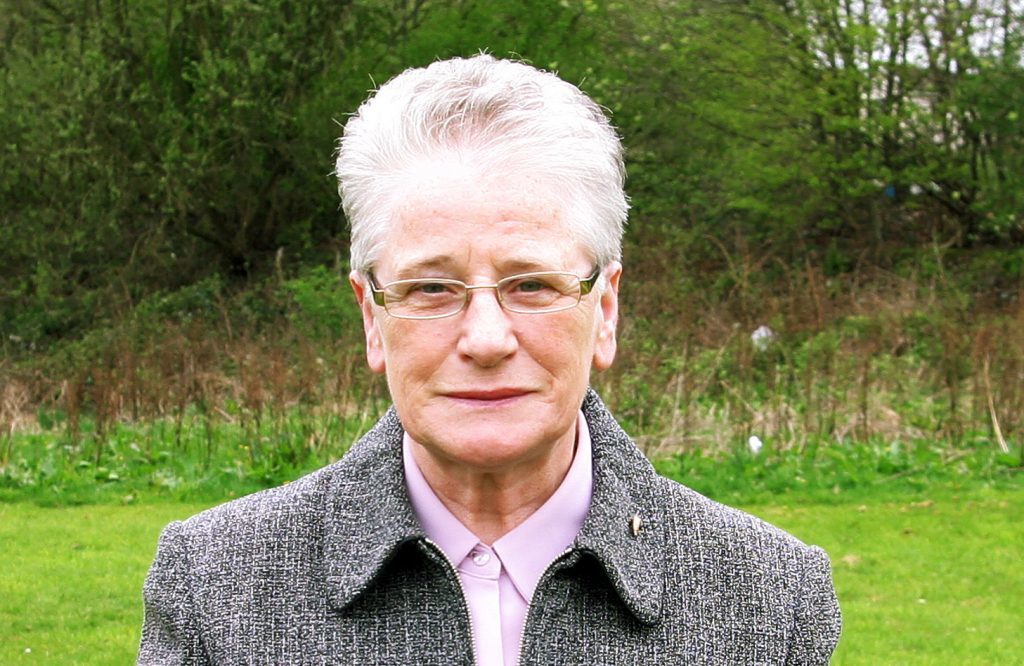
NHS bosses paid out £600,000 to a locum agency without checking the timesheets and they relied on contractors to tell them how much they should be paid.
The damning findings are in an Audit Scotland report, released to The Sunday Post under freedom of information laws, which critics claim raises serious questions for the entire cash-strapped health service.
The public spending watchdog launched a probe into NHS Greater Glasgow and Clyde after the health board blamed agency costs for much of a £9.4m overspend last year.
Auditors spot-checked some of the lucrative payments to locum agencies and concluded health chiefs “rely largely on the assumption that correct information is provided from suppliers”.
In one case invoices were settled without timesheets for locum medical staff being submitted and in another example the contractor had put down a higher payment rate than the agreed amount but still got paid.
NHS Greater Glasgow and Clyde last night said it had tightened up procedures since this report was published.
But campaigners have raised fears that such slack financial management could be diverting funds away from frontline medical care across NHS Scotland.
Margaret Watt, chairwoman of Scotland Patients’ Association, said: “This raises serious questions about whether this is happening all over Scotland.
“There are huge sums of money involved here and every penny wasted is a penny denied to where it is needed in the NHS.
“What baffles me is if a company tried to get paid in the business world without handing over the right paperwork it would get told to think again, so why does this happen in the NHS?
“The problem of agency doctors and nurses is spiralling out of control and it’s time we took a step back and worked out why we are doing this, why is it so expensive and why can’t we do it a better way.”
NHS Greater Glasgow and Clyde makes around 800 to 900 medical agency locum bookings a month, which cost a total of £19.1m in 2015/16.
Spending watchdog Audit Scotland carried out spot checks on 20 agency invoices submitted and found that no checks had been made to confirm the agreed pay rates and specification of the role for each payment.
In two instances the rates quoted on the invoice did not match the agreed supplier rates.
This resulted in an overpayment of £1,070 and £210 respectively.
Another test found that one agency, which had banked around £600,000 in the previous
12 months, had not provided copies of locums’ timesheets along with its invoices.
Audit Scotland concluded: “The invoice checking procedures for agency payments are not sufficiently robust and rely largely on the assumption that correct information is provided from suppliers.
“There is a risk that the board is being overcharged for services, if proper authorisation and
checking of timesheets is not rigorously carried out.”
The Audit Scotland report points out that it had highlighted the same concerns the year before.
Scottish Liberal Democrat health spokesman Alex Cole-Hamilton said: “It is deeply concerning that spot checks suggest firms are getting away with not submitting the correct paperwork, especially given the size of the NHS locum bill.
“There are obviously situations where locums can play a valuable part in covering short term gaps in the workforce but this report will do nothing to reassure members of the public that NHS
resources are being prudently managed.”
The NHS has long been criticised for not keeping a close eye on costs. An under-fire IT system for health call centre NHS 24 went £131.2m over-budget, while it costs more than £500,000 a year for the NHS to dispose of unused medicines.
A spokeswoman for NHS Greater Glasgow and Clyde said: “Since this report was published
we have been working on initiatives to reduce our use of agency and bank staff.
“The new system ensures that agency suppliers will only be paid the pay rate and hours
agreed.”

Enjoy the convenience of having The Sunday Post delivered as a digital ePaper straight to your smartphone, tablet or computer.
Subscribe for only £5.49 a month and enjoy all the benefits of the printed paper as a digital replica.
Subscribe